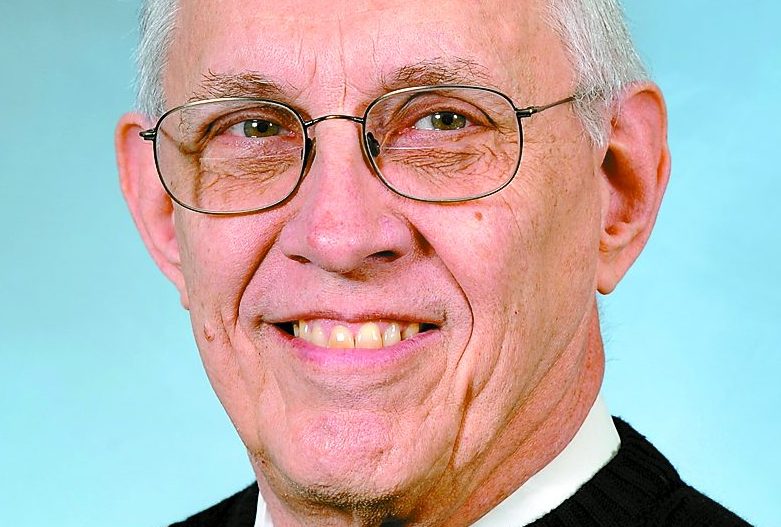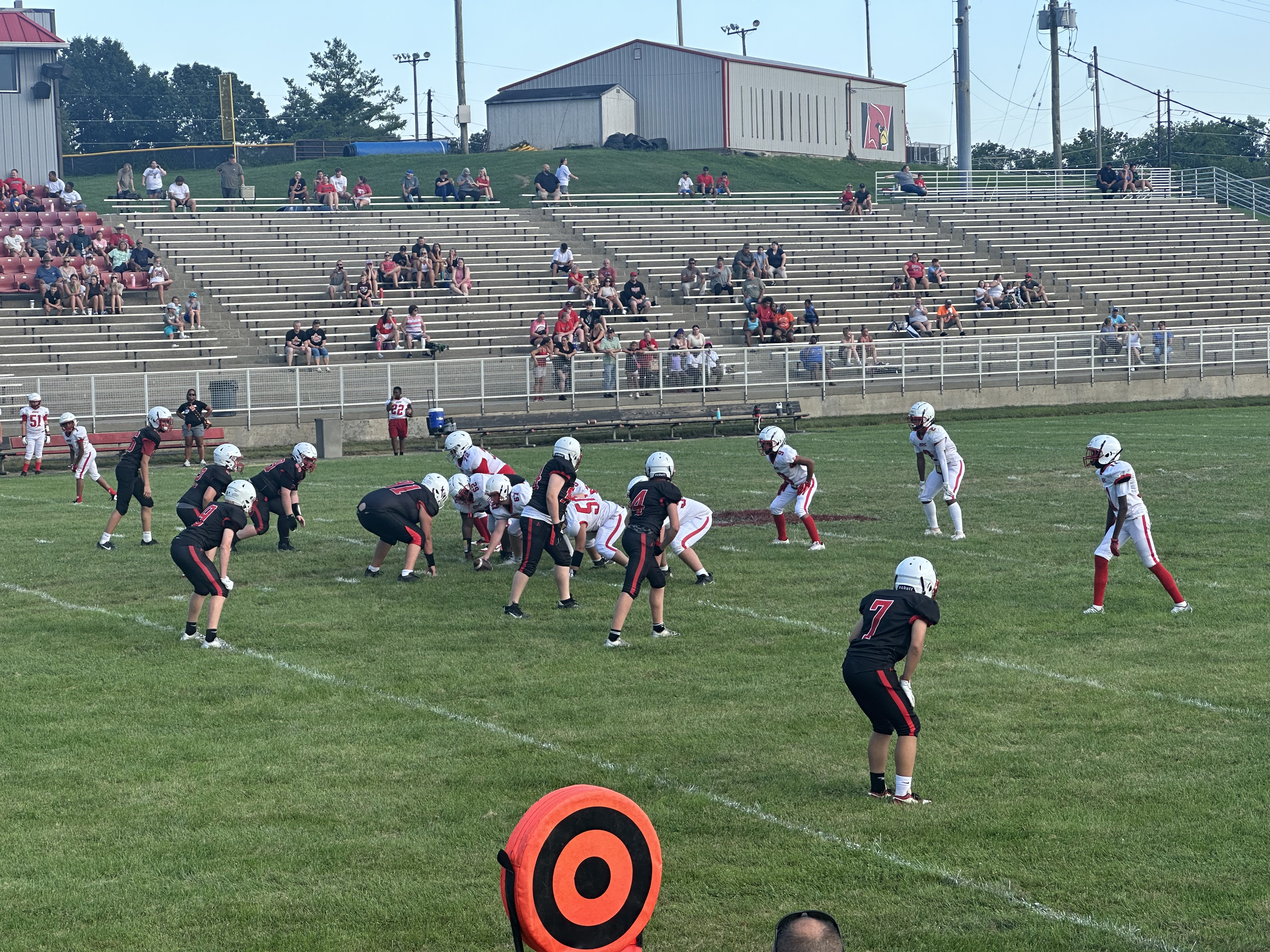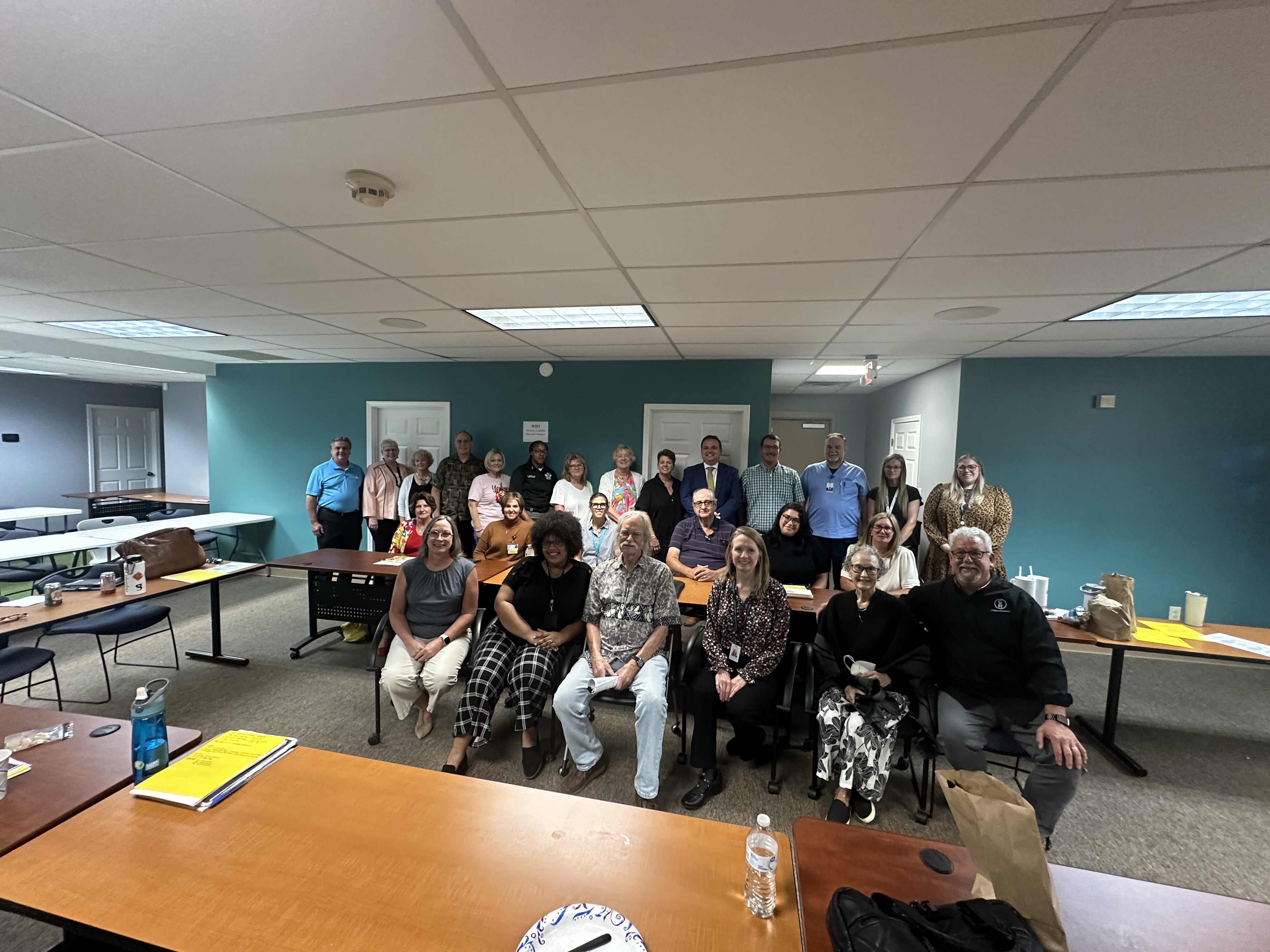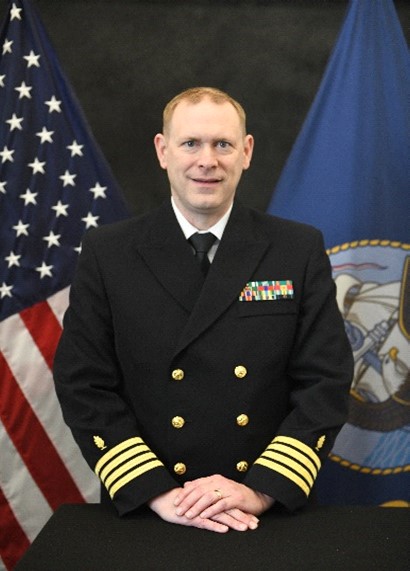Witt: Don’t believe what you see on TV
Published 8:06 am Tuesday, January 2, 2018

- Chuck Witt is a retired architect and a lifelong resident of Winchester.
For those who have watched episodes of M*A*S*H and are reasonably familiar with the themes of the show, they know that there is a constant flow of humor from the TV set, generated by all the characters of the series.
However, while watching the show and reveling in the comedy, some important facts are all too often overlooked.
The surgeons, Hawkeye, Trapper John, Frank, Charles and BJ, the nurses led by Major Houlihan, the supporting staff including Radar and Klinger, and nearly everyone who has a speaking role in any of the episodes, except perhaps for Father Mulcahy, are constantly complaining about their situation.
Trending
They complain about the heat, or the cold, or the quality of the food, or the quality of the coffee, or the lack of different movies, or the absence of newspapers or current magazines, or the boredom, or the sudden influx of large numbers of wounded.
And yet, while all these complaints are couched in the humor, it is far too easy to forget that these people are living in relative luxury, compared to what the typical Army or Marine grunt is enduring at the same time.
Members of a M*A*S*H are hardly ever being shot at directly (although this condition has been violated numerous times in all past wars). When winter comes to Korea, they are shown living in tents with heaters, cots and blankets.
When summer heat prevails, their tents can be opened by mesh to get them out of the sun. On occasion, they even have access to powered fans run off a generator. They may have to stand in line to get fed, but they are under the cover of a mess tent and food is served hot, with considerable variety, and hot coffee seems to be constantly available.
Consider now the average soldier in Korea between 1950 and 1953. He endured summers when temperatures could rise above 100 degrees and winters when the hills and valleys of the country often experienced temperatures well below zero.
Combatants lived their lives in shallow foxholes, often limited in depth (and protection) by subsurface rock which could not be penetrated or, in winter, by a ground frozen so solid as to be impenetrable to entrenching tools.
Trending
Their food consisted primarily of C rations, canned selections of ham and lima beans, beany weenies or some chicken concoction.
If they were in a position to heat their food, it was done over a sterno tab while exposed to the heat, the cold, the snow or rain, only rarely receiving a good hot meal from a mobile kitchen.
Their beds usually were the ground, separated only by the thickness of a sleeping bag.
And as for movies, they might get to see one if they were rotated off the front line to a rest area well away from the fighting.
In winter, they might possibly have access to a warming tent, located somewhere behind the foxhole line, but were more likely to be forced to keep watch outside a warm sleeping bag for fear of either falling asleep or being unable to respond quickly to a night attack.
And they were almost always subject to being either attacked by the enemy or just sniped at, or succumbing to frostbite or pneumonia or heat exhaustion or just plain old combat fatigue.
Yes, M*A*S*H is just a funny war story and good entertainment, and real M*A*S*H units undoubtedly suffered more difficult conditions, but it helps to remember that the vast majority of the military who spent time in Korea would have loved to have been able to live in the conditions shown in the show.
In fact, some 36,000 would have loved to have lived at all.
Chuck Witt is a retired architect and a lifelong resident of Winchester. He can be reached at chuck740@bellsouth.net.







